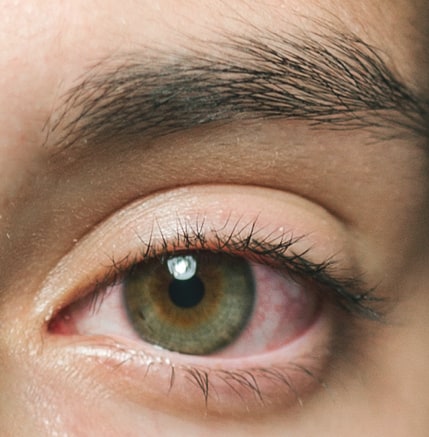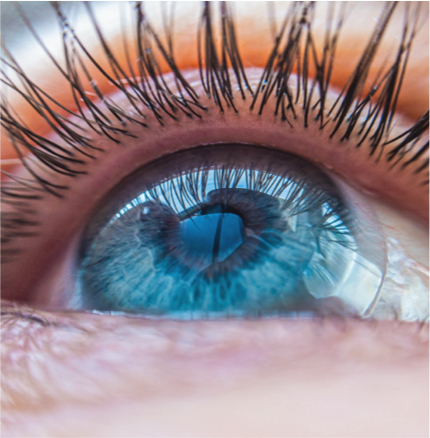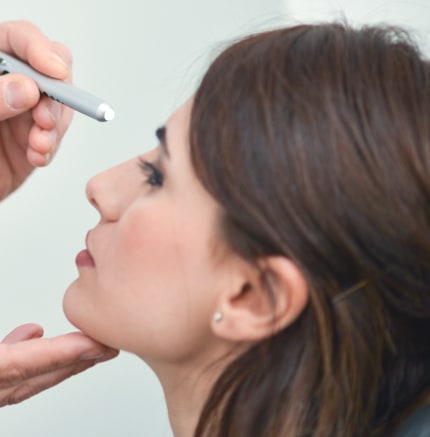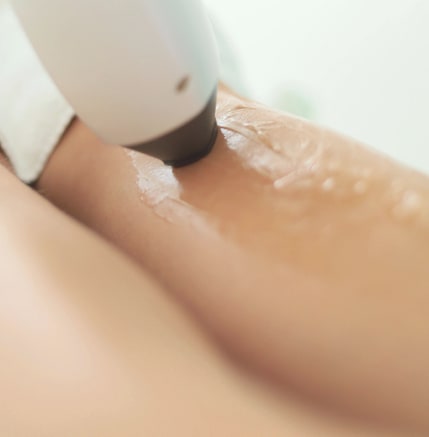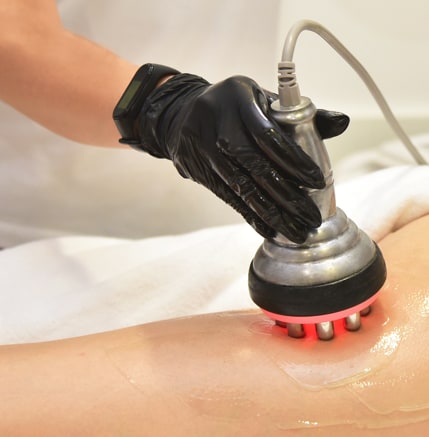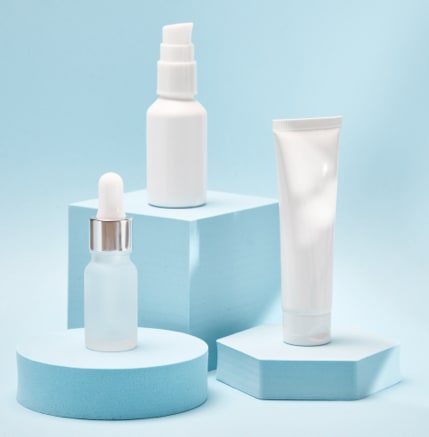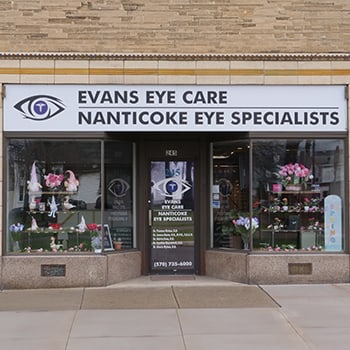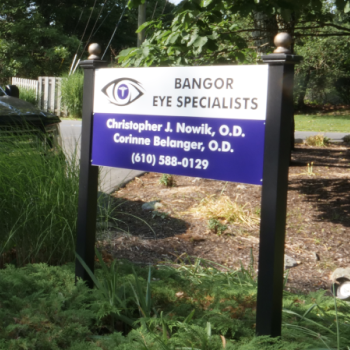Sleep is a natural remedy that can nurture healing, yet the notion of a good night’s rest can become a daunting endeavor for those who have recently undergone glaucoma surgery. When you’re in recovery, the last thing you want is to struggle with sleep disturbances, which can lead to a slower recovery and heightened stress levels.
Wearing an eye shield or patch over the operated eye can help prevent rubbing or bumping while you sleep. Your eye doctor will advise how long to keep the eye covering.
What Is Glaucoma?
Glaucoma is a group of eye diseases that cause damage to the optic nerve at the back of the eye, leading to vision loss. It’s often associated with increased pressure in the eye from fluid buildup and can result in permanent vision impairment if left untreated.
There are no early warning signs of glaucoma as it progresses slowly. Over time, symptoms of glaucoma can include losing side or peripheral vision, blind spots, and eventually blindness. The only way to diagnose glaucoma is through a comprehensive eye exam that includes dilation of the pupils to view the back of the eye for signs of damage to the optic nerve.
Types of Glaucoma
There are several types of glaucoma, including open-angle glaucoma, angle-closure glaucoma, and normal-tension glaucoma.
Open-angle glaucoma is the most common form and occurs when the drainage system in the eye becomes clogged over time, leading to increased intraocular pressure and damage to the optic nerve.
Angle-closure glaucoma is less common but can be more severe, as it occurs when the iris blocks the drainage angle in the eye. Symptoms include intense eye pain, nausea, redness, and blurry vision.
Normal-tension glaucoma is damage to the optic nerve and vision loss when the eye pressure is normal. Other less common types include secondary glaucomas and congenital glaucoma.
Treatment for Glaucoma
Treatment for glaucoma can include medication to lower eye pressure and laser or surgery to help drain fluid out of the eye and prevent further damage to the optic nerve.
What Is Glaucoma Surgery?
Glaucoma surgery can’t undo glaucoma or reverse the damage. However, it can help protect your remaining vision or stop the condition from worsening. If both eyes require surgery, glaucoma surgery is done one eye at a time.
Glaucoma surgery involves creating a new drainage pathway for the fluid in the eye, relieving the elevated pressure. Types of glaucoma surgeries include:
- Trabeculectomy: Creates an opening under the eyelid to drain extra fluid away from the eye.
- Glaucoma implant surgery: Implants a tiny tube onto the white part of your eye to help extra fluid drain out of your eye.
- Minimally invasive glaucoma surgery (MIGS): Used in mild cases of glaucoma.
Following surgery, it’s common to experience side effects such as swelling, redness, discomfort, and changes in vision.
Recovery from glaucoma surgery can vary based on the type of surgery done, the severity of the glaucoma, and the eye’s healing response. Post-surgery requires proper care and attention and avoiding the following activities:
- Exercise
- Lifting more than 10 pounds
- Bending over at the waist
- Straining
- Swimming
- Wearing contact lenses
- Wearing makeup
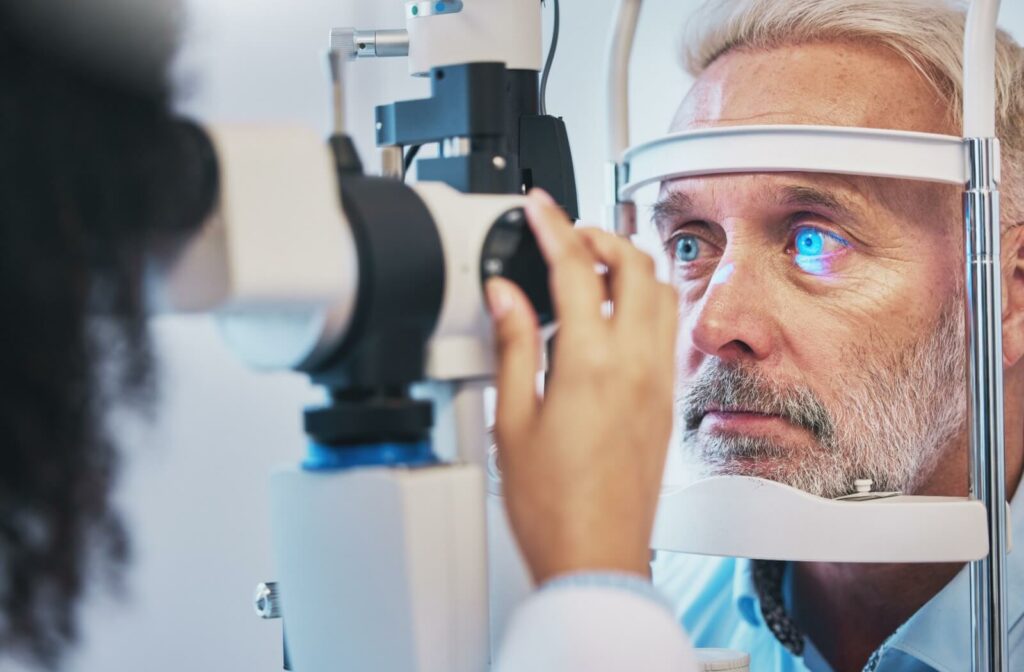
Tips for a Restful Night After Glaucoma Surgery
Anxiety and stress can play a significant role in disrupting your sleep. It’s normal to feel anxious post-surgery. Your eye doctor will prescribe eye drops to help with swelling and prevent infections.
Wearing a protective shield at night can help avoid accidental rubbing or pressure on the healing eye, especially during sleep. If your ophthalmologist has suggested you wear an eye patch or a protective shield, it is important to adhere to this advice closely.
Remember, your ophthalmologist or eye doctor is your partner in the recovery process. Don’t hesitate to discuss concerns regarding your sleep or overall recovery. Go for regular check-ups to monitor your progress, healing, eye pressure, vision, or signs of complications.
When to Seek Professional Help
While you can expect some discomfort and changes in sleep patterns after glaucoma surgery, reach out to your eye doctor if you experience symptoms such as severe or increasing pain, sudden vision changes, or unusual levels of discharge, as these can indicate complications and require immediate medical attention.
Preserve Your Vision
Recovery after glaucoma surgery can be different for everyone. To avoid undue stress and anxiety post-surgery, individuals should wear eye protection and follow their eye doctor’s post-operative care instructions to support healing and restful sleep.
By prioritizing sleep and proactively addressing any challenges or concerns with your eye doctor, you can look forward to a speedy and smooth recovery.
To preserve your vision, book an appointment with Hazleton Eye Specialists. With early diagnosis, you can receive prompt treatment and management.



